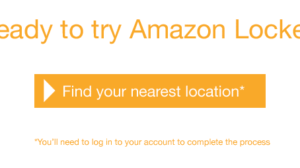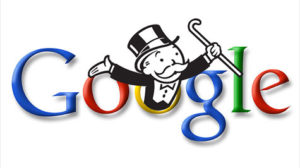The first and best example of Internet disintermediation, Amazon.com, is quietly going a bit in the other direction.
Convergence Disrupted: Amazon Goes Brick-and-Mortar


The first and best example of Internet disintermediation, Amazon.com, is quietly going a bit in the other direction.

NFC and competing technologies are revolutionizing mobile payment processing, but the driver of change is not what many would expect.

Google faces a moment of truth in the coming weeks over a lengthy US probe into potential abuse of its Internet search dominance.

With some educated guesses, knowledgeable observers can assess whether an FTC prosecution of Google would succeed. Others may (and do) differ, but this author believes an FTC monopolization case — or a “pure” Section 5 case — against Google would be a really bad idea.

The operative question remains whether whatever Google is charged with having done, or may do in the future, respecting its display of Web search results should be considered exclusionary conduct for antitrust purposes. The answer to date is a resounding “No.”

[This series of posts dissects the threatened FTC antitrust case against Google and concludes that a monopolization prosecution by the federal government would be a very bad idea. We divide the topic into five parts, one policy and four legal. Check out Part I and Part II.] Antitrust law is characterized by rigorous, fact-intensive analysis, so much so that the prevailing jurisprudence […]

Last week I participated in a “parliamentary” debate, sponsored by TechFreedom, on the Federal Trade Commission’s anticipated lawsuit against Google for monopolization. The dialog is interesting, if I say so myself!!

The core proposition in any attack on Google for unlawful monopolization, because the necessary premise is that Google’s dominant share — estimated at from 65 to 80% — of Web searches is the foundation of its alleged monopoly. But here the antitrust analysis begins to break down.

The Wall Street Journal reinforces my earlier posts about the threat to innovation posed by premature government intervention into the technology marketplace.

With the Square-Starbucks joint venture, we are now on the verge of an inflection point for commercial payments. How many more years or decades before currency itself becomes extinct?